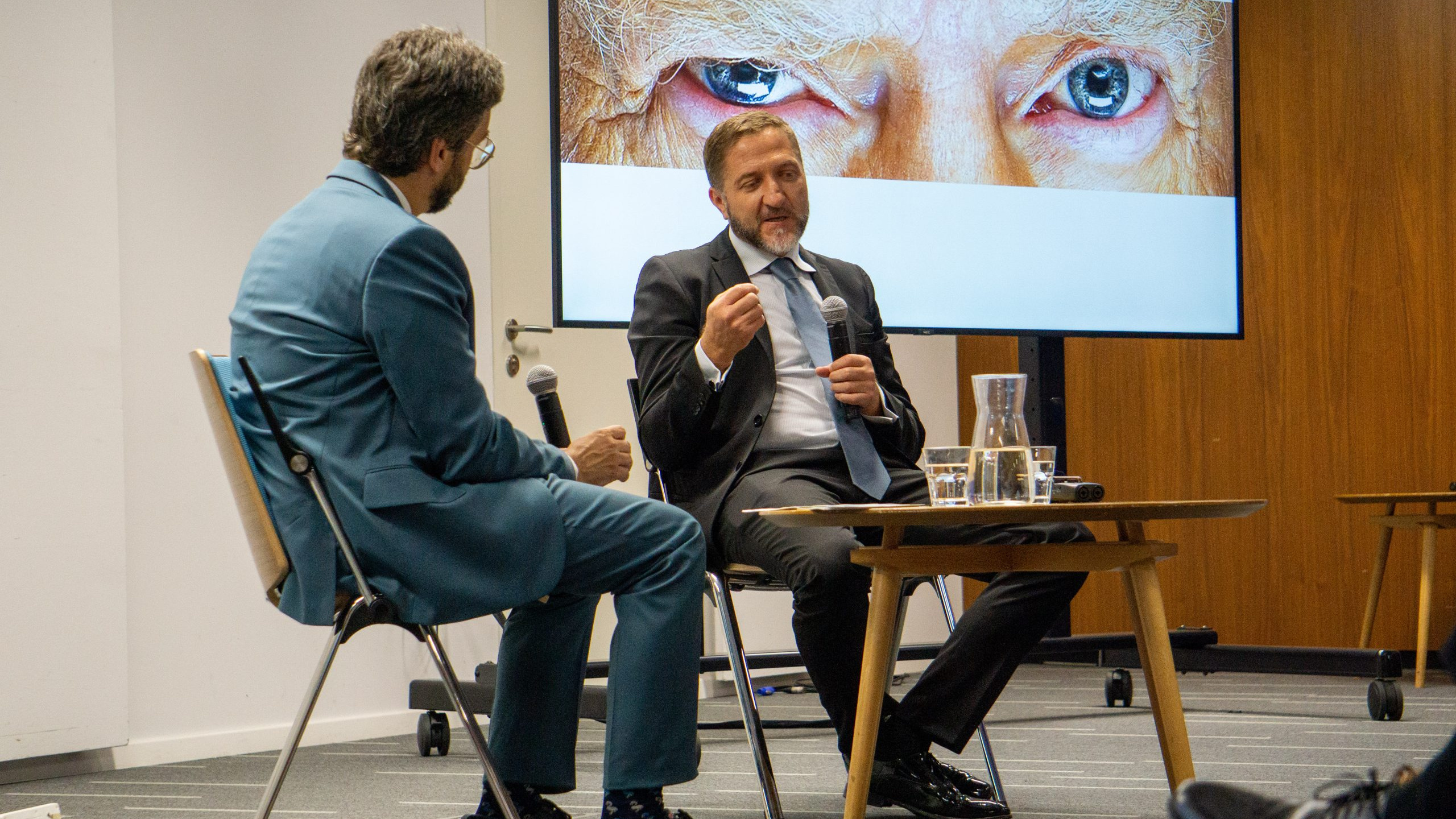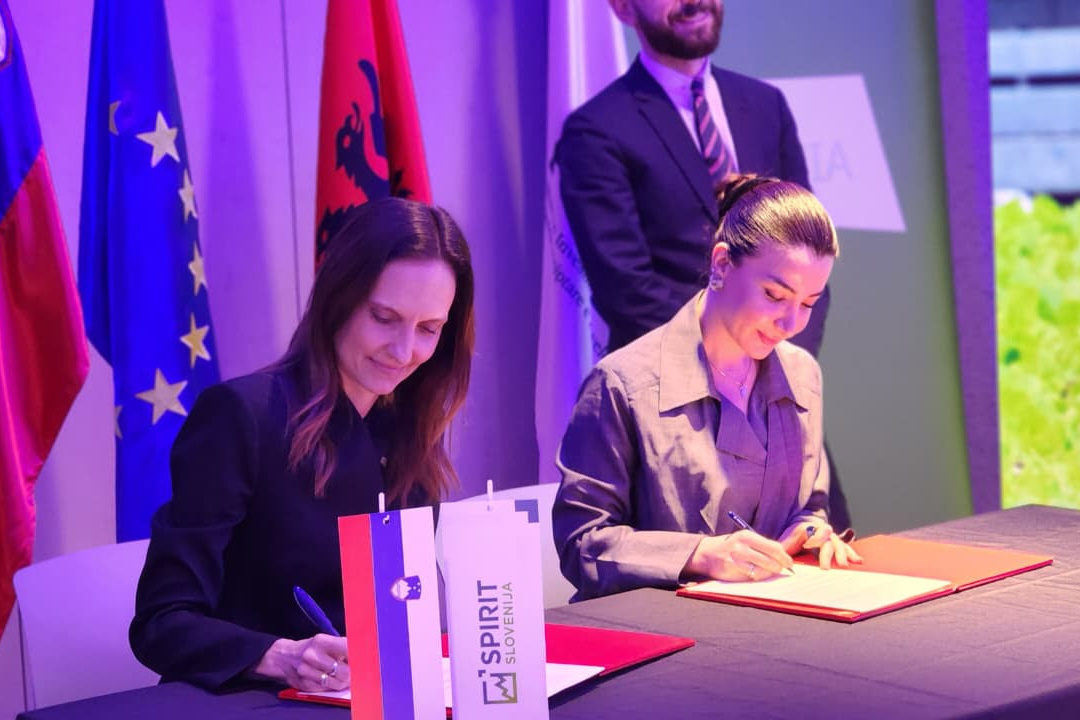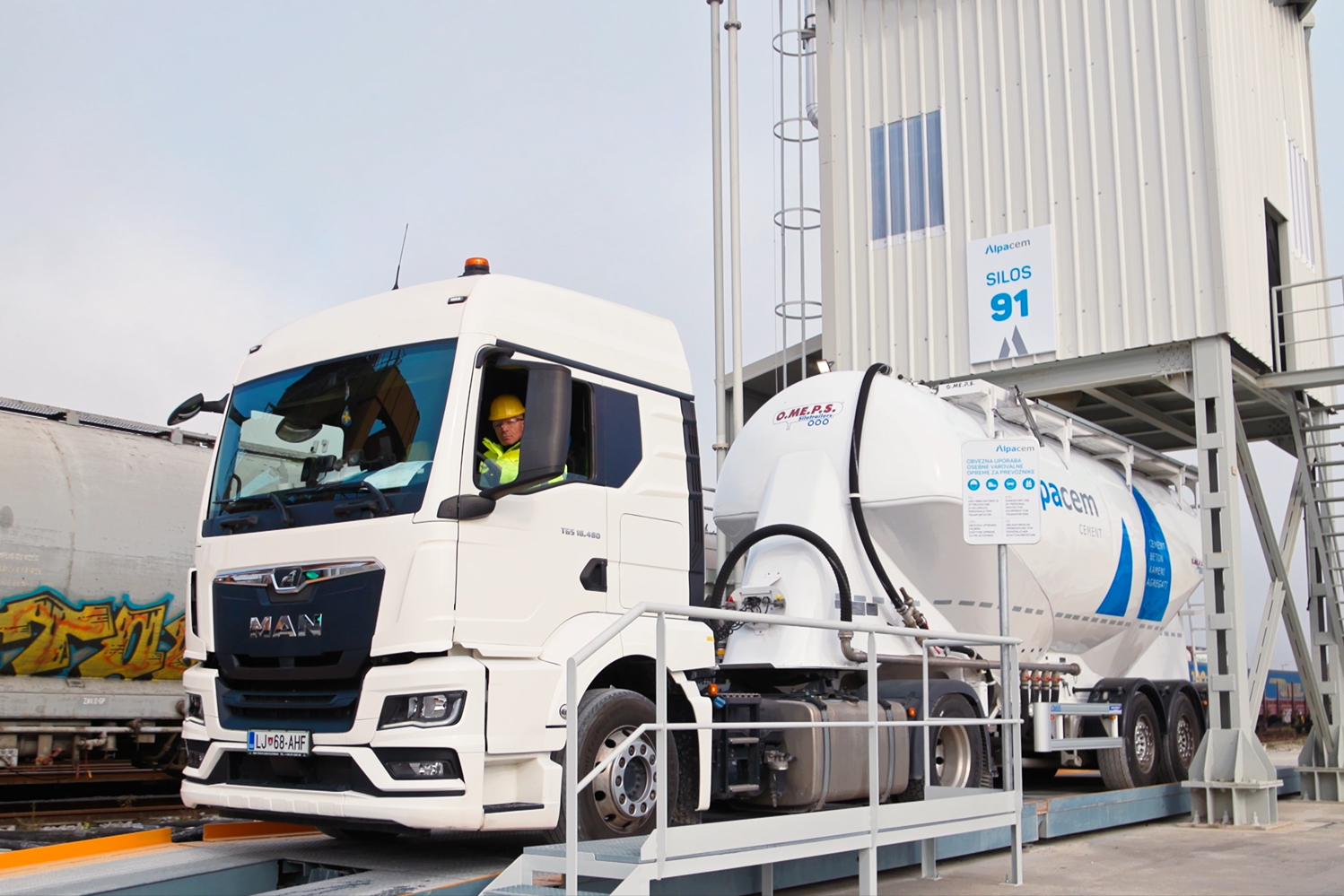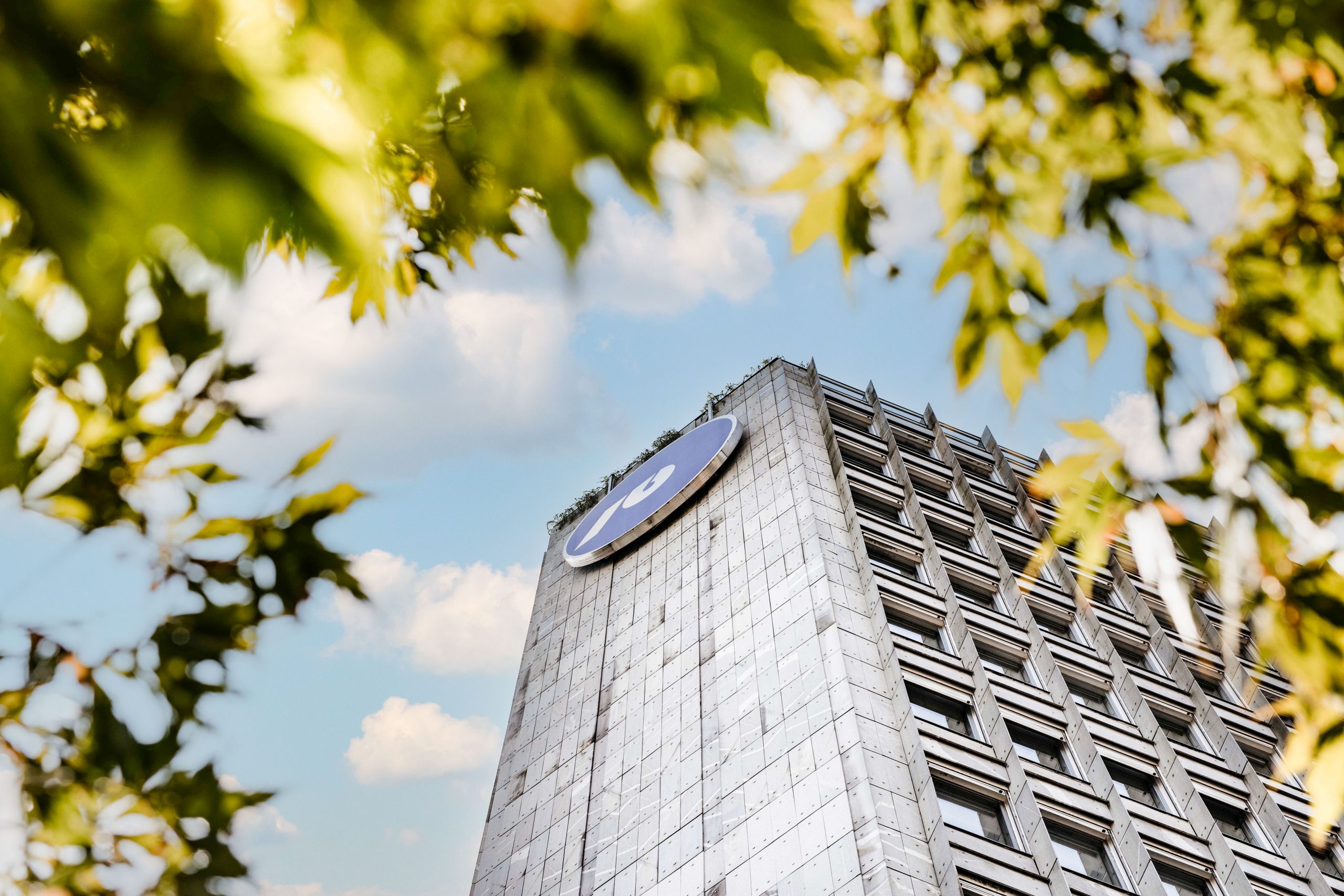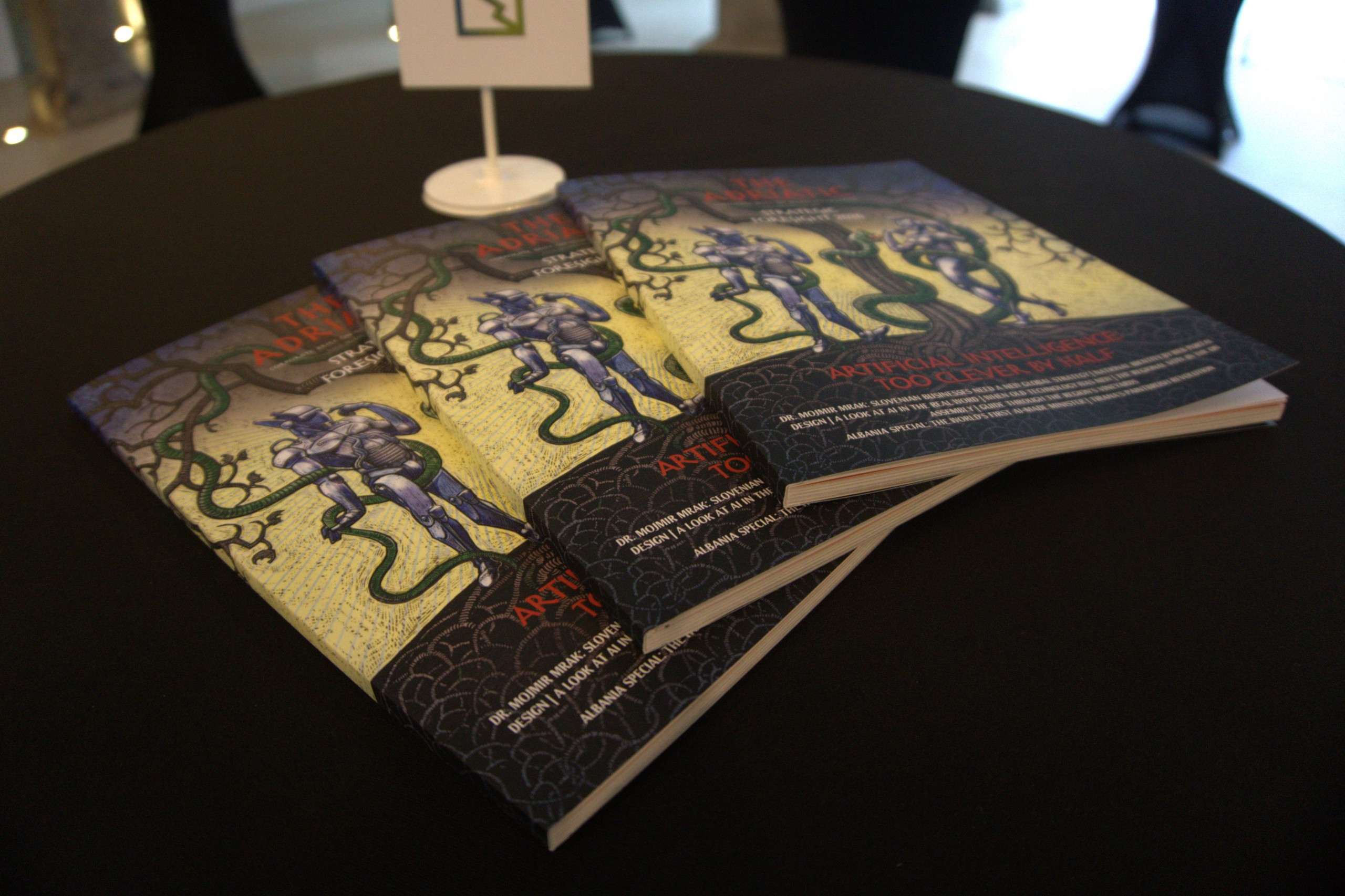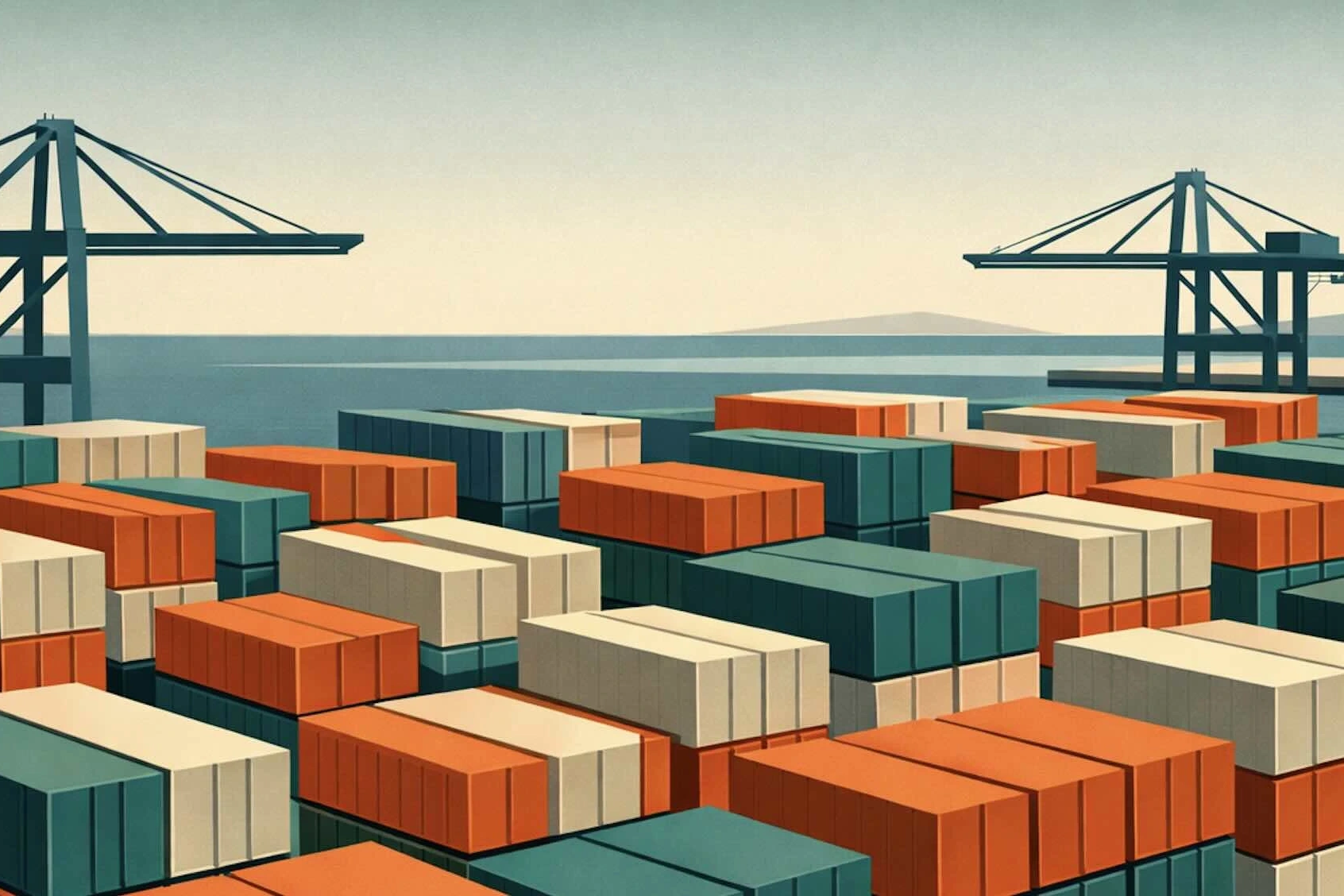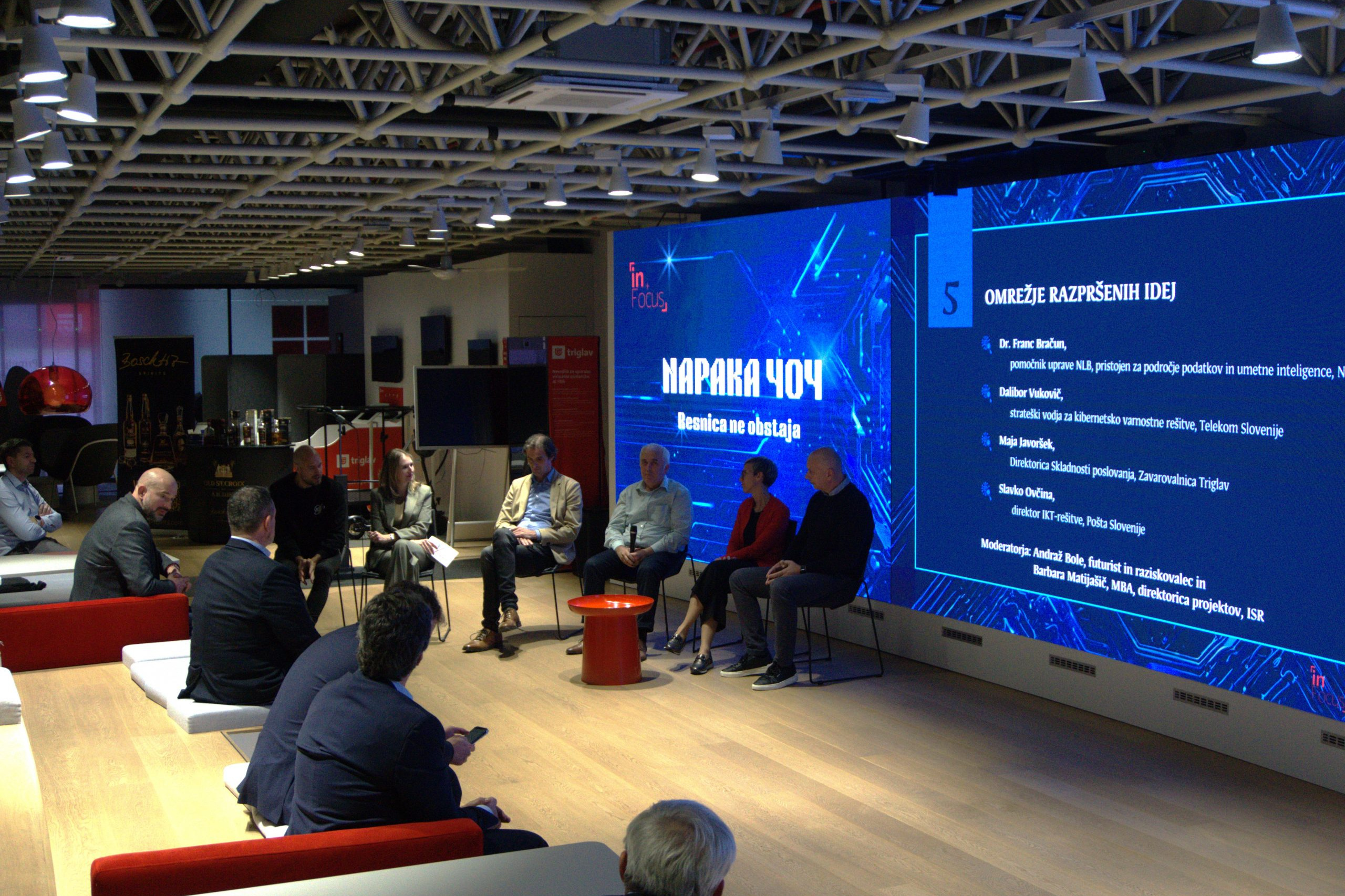Europe needs guts
As the post-Cold War order fractures under the weight of new conflicts, technological disruption, and unpredictable leadership, Europe finds itself ill-prepared for a world where data alone no longer suffices.
Andraž Tavčar
In a Europe increasingly defined by geopolitical fragmentation, conventional wisdom about stability and global interdependence is quickly losing its grip. That was the underlying message of a recent forum in Ljubljana titled “Finance Under Geopolitical Pressure”, organised by the Institute for Strategic Solutions (ISR). Featuring Slovenia’s finance minister Klemen Boštjančič and a panel of corporate leaders, the gathering painted a picture of a continent grappling with uncertainty, and the urgent need to replace data-driven inertia with strategic nerve.
The European Commission’s representative in Slovenia, Dr. Jerneja Jug Jerše, set the tone. “Stability and predictability can no longer be taken for granted,” she warned, framing the EU’s new savings and investment strategy as a critical bulwark against geopolitical shocks. Europeans save roughly €1.3 trillion annually, but around €300 billion of that capital flows out of the Union. Meanwhile, the EU faces an estimated €800 billion annual investment shortfall for green transition, digitalisation, and strategic autonomy. The EU’s Savings and investments union, designed to encourage investment among ordinary citizens, could begin to plug this gap.
A $500 drone and a $5 million lesson
In his opening presentation, ISR’s head of research, Dr. Jure Stojan, said how we have entered a new age of geopolitical asymmetry, where low-cost technologies such as drones can inflict disproportionate damage. This overturns traditional models of risk and control. “A $500 drone can destroy a $5 million weapons system,” he noted. In this world, GDP size tells us less than ever; how a country allocates its resources – towards resilience, innovation, or defence – now matters more than abstract figures.
This fragmentation is upending assumptions that have underpinned European economic models since the end of the Cold War. Once reliant on the stabilising presence of the United States, Europe now finds itself told to develop a voice of its own. Minister Boštjančič did not mince words. “We followed the US unquestioningly. Today, the US is telling us to act independently, and Europe is struggling to find its footing.”
The minister sees both danger and opportunity in the erratic style of American leadership, particularly under former President Donald Trump. “The US always acts in its own interest. Europe must learn to do the same.” He cautioned, however, against pivoting towards China as a geopolitical counterweight. Alignment with Beijing would carry its own risks.
Boštjančič also made a domestic point. Slovenia, he argued, needs to stop underestimating its potential. “We are small, but that can be an advantage. With confidence and strategic thinking, we can form alliances and influence the conversation.” He emphasised the need to develop Slovenia’s underpowered capital markets to reduce dependency on bank financing and unlock private sector growth, particularly in high-potential sectors like biotechnology and pharmaceuticals.
Crisis trained, crisis ready
In a world that no longer rewards cautious technocracy, the role of leadership is changing. “We live in an era of predictable irrationality,” said Ivana Vrviščar, an executive board member at Pošta Slovenije. Traditional leadership models rooted in data and experience are becoming obsolete, she said, arguing instead for a blend of behavioural economics and cognitive psychology. In other words: rationality is out, boldness is in.
This demand for courage is especially acute in the Balkans, where historical volatility has bred a certain resilience. Andrej Lasič, a board member of NLB, said the region’s experience with crisis should be an asset. Slovenia, he added, has low public debt and unused capital, but remains risk-averse. “Our GDP is growing, but productivity is lagging. We need more ambition.”
Coface’s Slovenian head, Sergej Simoniti, highlighted the shift from linear to exponential risk. “Trump’s unpredictability undermines trust in markets, and his decisions are almost impossible to model,” he said. Comparing today’s environment with past crises, from the 2008 financial meltdown to the COVID-19 pandemic, Simoniti suggested that today’s geopolitical volatility is more dangerous precisely because it defies forecast.
Demography and strategic depth
Unsurprisingly, the conversation turned to demographics. An ageing Europe is consuming less and contributing less to GDP growth. Unless addressed, this dynamic will sap the continent’s long-term potential. Lasič called for greater political cohesion in Europe, especially in response to assertive moves by the US and China.
Meanwhile, logistics is no longer just about warehouses and delivery routes. Vrviščar described how Pošta Slovenije is reinventing itself not just as a logistics provider, but as a strategic platform. Amazon, she noted, now spends more annually on logistics than Slovenia’s entire GDP. “Is it still a retailer, or already a logistics giant?”
The Western Balkans, she said, remains fragmented in both transport and governance. The Nordic model, where postal services are closely aligned with state strategy, could offer inspiration. Denmark and Estonia, for example, make ten-year infrastructure plans that transcend short-term politics. “We must plan beyond election cycles,” Vrviščar urged.
The uncertainty premium
One striking consensus among the speakers: future crises are unlikely to be predictable, or even rational. As Simoniti put it, “The 2008 crash was foreseeable. COVID-19 was manageable. But the war in Ukraine, nobody saw it coming, except the Americans.” In a world where risks are increasingly political and irrational, traditional models of corporate risk management are becoming obsolete.
So how should firms respond? “Know your partners, insure your receivables, and secure recovery,” said Simoniti. Lasič added: “Flexibility and ambition, those are now the only viable strategies.” As for stockpiling goods in a volatile world? Vrviščar had a nuanced take. “Yes, inventories help. But the real key is micro-logistics. We want to deliver like Amazon.”
In the end, the message from Ljubljana was clear: resilience in today’s fractured world will not come from more data or better forecasting. It will require a new kind of leadership, one willing to act with incomplete information, to adapt boldly, and to confront a geopolitical order that no longer plays by the old rules.

